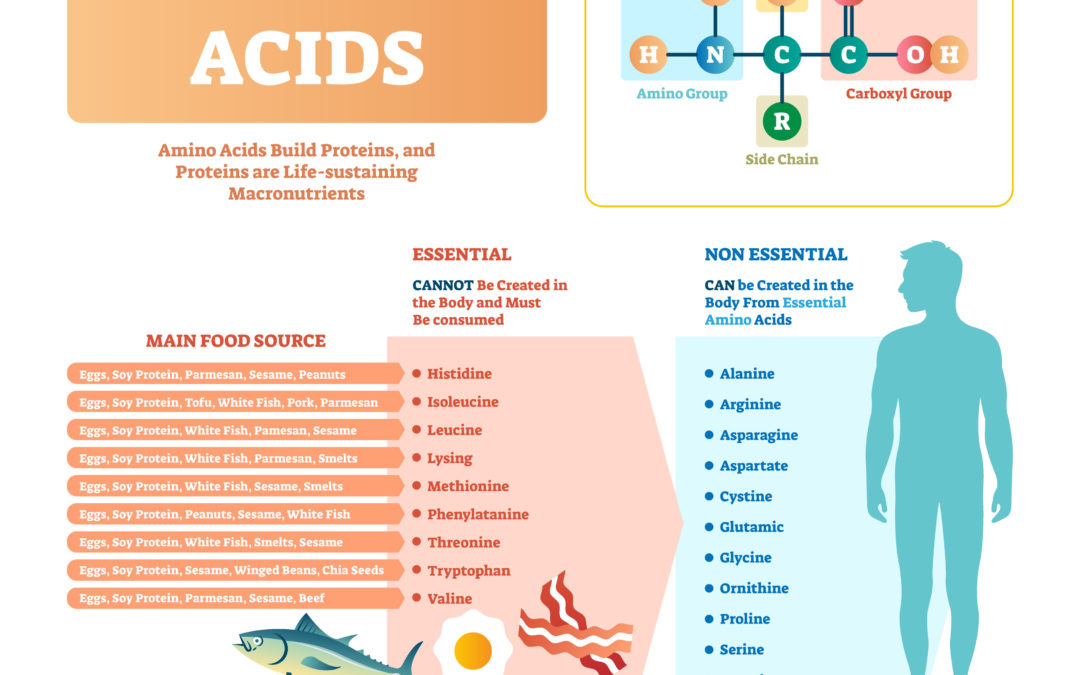
August 25, 2017 | Kohlmeier News, News, reading
August 28, 2017 – From the desks of Martin Kohlmeier, MD, PhD and Robyn Amos-Kroohs, PhD
Protein is an important part of every cell in the body. Protein is also a building block of enzymes, hormones, and other important substances used in body processes. It’s a major component of most body systems, including the immune system, metabolism, and circulatory system. Its importance is why protein is known as a macronutrient, meaning that large amounts are required to help the body function appropriately on a daily basis. And unlike sugar and fats, macronutrients that have acquired bad reputations, protein is recognized as an important part of a healthy diet.
August 25, 2017 | News, Smith News
August 28, 2017 – Iron is listed by the American Pregnancy Association as one of the nutrients essential for healthy fetal development. Why? Because a lack of iron, a mineral naturally found in foods like meat, seafood and vegetables, directly impacts the development of the fetal brain. Iron also prevents anemia, low birth weight and premature delivery. Unfortunately, 22 percent of US women in their childbearing years are iron deficient, says Susan Smith, PhD, deputy director of science at the UNC Nutrition Research Institute on the NC Research Campus.
August 11, 2017 | News
June 27, 2017 • The Nutrition Research Institute (NRI) offers unique learning and work experiences for graduate students in the fields of nutrigenomics and metabolomics. Our research relies, in fact, on the work these students do. But until recently the institute has been short on student housing, creating hardship for those who wished to study and work here. That has changed with the opening of five newly refurbished houses a short walk from the institute and the rest of the North Carolina Research Campus, offering both short- and long-term student housing options.
July 27, 2017 | News, reading
July 27, 2017 – Vitamin D deficiency in pregnant moms is shown to negatively affect fetal growth and children’s health in the long run. Deficient gestational vitamin D status is surprisingly high both globally and in the US. One of the findings that draws attention is the role of vitamin D during pregnancy in children’s chances of developing Autism Spectrum Disorders (ASD). Vitamin D is acquired through sun exposure or food intake. The circulating form of vitamin D can travel through the fetal-placental barrier, thus, developing babies depend solely on their mothers for getting this beneficial nutrient.
July 27, 2017 | News, Zeisel News
July 27, 2017 • “Eat colorful meals and make sure you get enough choline.” That’s the key advice offered by David Nieman, Dr.PH, FACSM, Director of the Appalachian State University Human Performance Laboratory; and Steven Zeisel, M.D., Ph.D., Director of the University of North Carolina at Chapel Hill’s Nutrition Research Institute. during lunch at the Medical, BioMedical & BioDefense: Support the Warfighter symposium in Chapel Hill in June. These were among several surprising findings […]
July 27, 2017 | Cheatham News, News
July 27, 2017 – Carol L. Cheatham, PhD, has been selected to join the Education Board at the American Health Council. The council, comprising leaders and contributors from all areas of healthcare, is America’s leading organization in health awareness and advancement. Dr. Cheatham will share her knowledge and expertise on the effects of nutrition on brain development and function. […]

